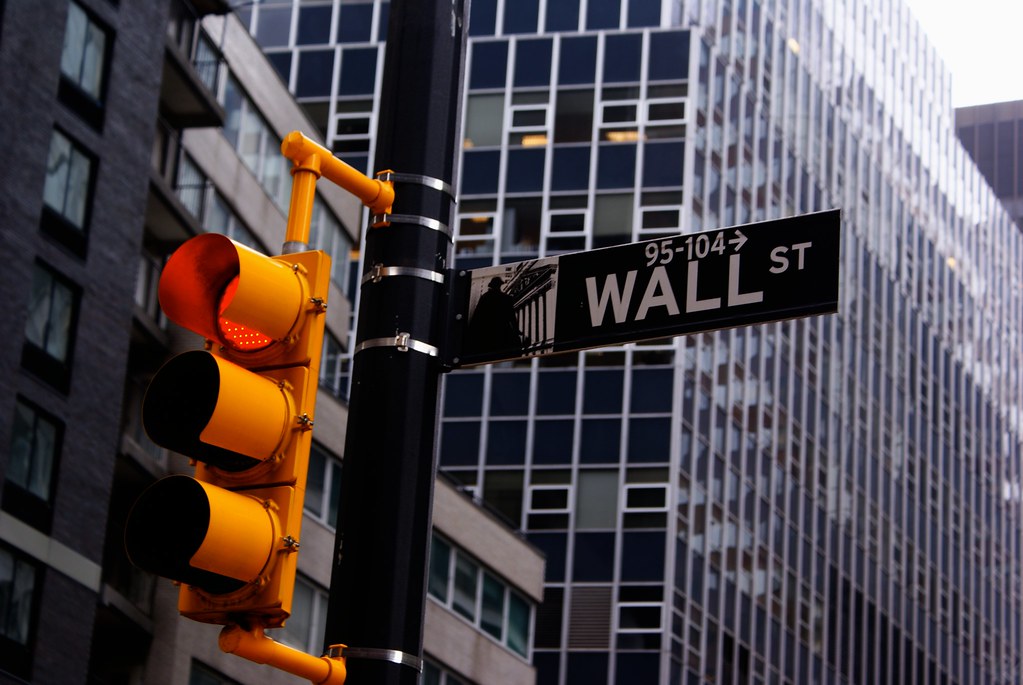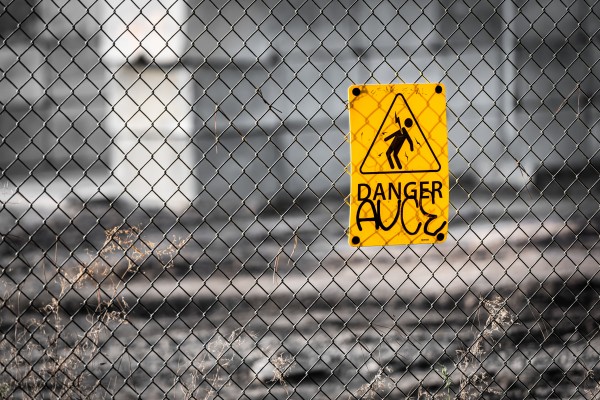In The News: Financial System Faces Biggest Test Since 2008 as Coronavirus Spreads (The New York Times)
“We are in a much more fragile situation than we should be because the regulators haven’t been on the job,” said Marcus Stanley, policy director for Americans for Financial Reform. “This is a real economic crisis we’re facing.”









